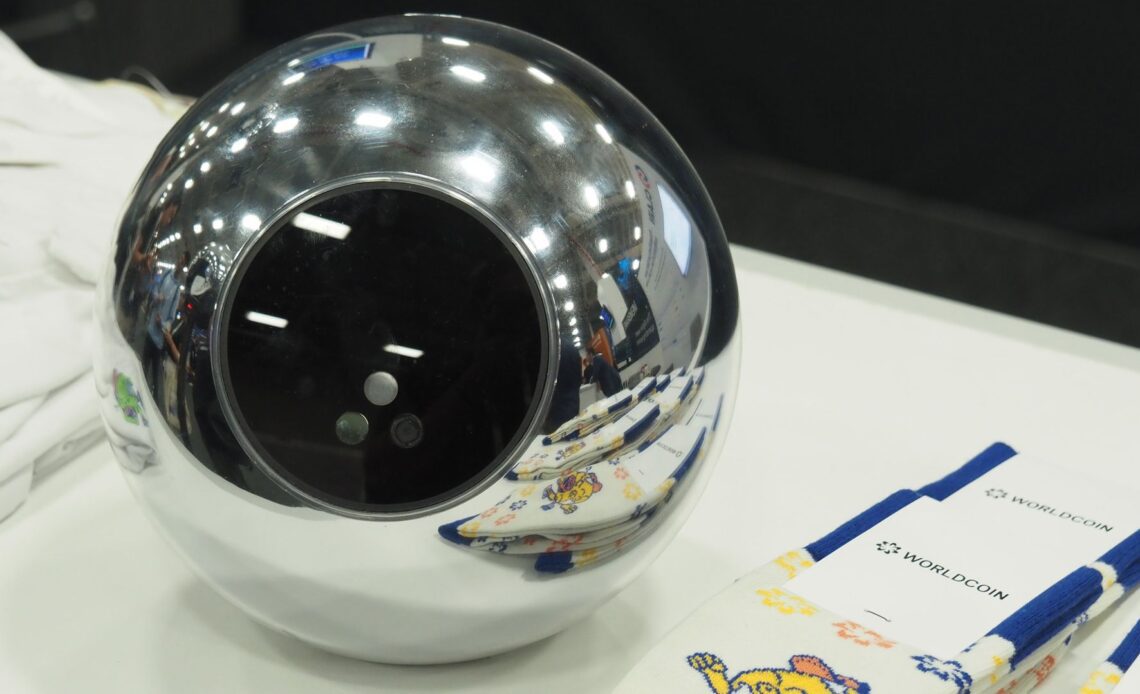Not since Facebook/Meta’s failed digital currency Libra/Diem has a crypto project elicited as much angst and hyperbole as Worldcoin, the biometrics proof-of-human project co-founded by Open AI founder Sam Altman.
Clearly, many people are enthusiastic about this project, which Worldcoin posits as a way to empower humanity in the face of artificial intelligence’s rapid expansion, with its proof of unique personhood solution intended to distinguish people from deep-fake bots and underpin an equitable distribution of all that AI-generated wealth.
You’re reading Money Reimagined, a weekly look at the technological, economic and social events and trends that are redefining our relationship with money and transforming the global financial system. Subscribe to get the full newsletter here.
The token leapt more than 40% within minutes of Worldcoin’s mainnet going live on Monday as some 250,000 people who’d scanned their irises via one of Worldcoin’s silvery orbs received an airdropped token. Some 2 million people worldwide have now signed up to be scanned, with Altman tweeting this week that this was happening at a rate of one person every eight seconds.
Jeff Wilser visited Worldcoin’s offices in Berlin and delivered an in-depth feature about Worldcoin’s incubation and launch, including the nugget that the CEO had never held a job before helming this complex logistical and regulatory effort.
Many are upset by this project. The hew and cry was especially loud from within the crypto community, with lots of allusions to a Big Brother-like leviathan gaining access to highly sensitive personal data.
Read more: Jeff Wilser – The Untold Story of Worldcoin’s Launch: Inside the Orb
Our own David Z. Morris has done a good job staking out the critic’s side of it. In a column a month ago, Morris acknowledged the potential benefits of Worldcoin’s universal basic income (UBI) ambitions but added that Altman and his cofounders “have hit on a way to make this appealing premise seem utterly dystopian.” He warned of the dangers of a centralized entity gathering retina prints and noted that the $5000 cost per orb – along with logistics challenges of distributing it worldwide – make a mockery of any plans for a “universal” rollout. (In a side note, Morris added that the name…
Click Here to Read the Full Original Article at Cryptocurrencies Feed…
























